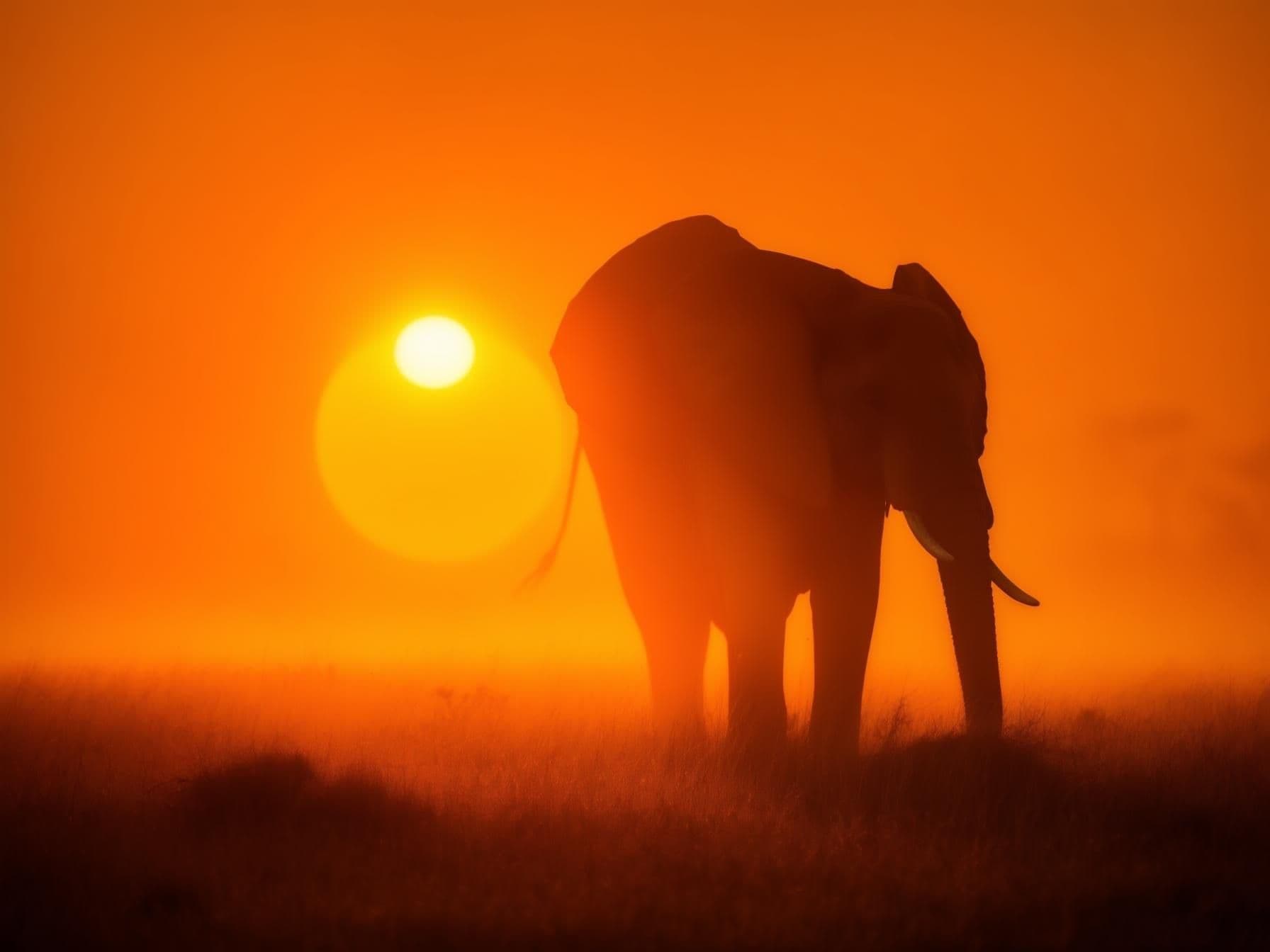
3 Days in Nairobi
3 Days in Nairobi
Explore Nairobi, Kenya, with this 3-day itinerary for thrills and culture curated by AI Travel Agent. Start with a safari in Nairobi National Park, followed by the David Sheldrick Wildlife Trust visit, and dine at the popular Carnivore Restaurant. Day two offers cultural adventures at the Giraffe Centre and Karen Blixen Museum, with relaxation at the Nairobi National Museum. On the third day, shop at Maasai Market, visit the Kazuri Beads Women's Cooperative, and unwind with a stroll in Karura Forest. From cheap flights and hotels to unique experiences, this plan caters to travel enthusiasts seeking adventure. With the help of a Trip Planner App designed by AI Travel, explore popular activities and enjoy great deals on hotels in Nairobi, Kenya. Plan your unforgettable trip to Nairobi with ease and discover cheap eats and things to do, ensuring a memorable experience. Fly to Nairobi, Kenya, and enjoy a budget-friendly vacation with stays in this vibrant city.
Day 1
Begin your Nairobi adventure with a thrilling wildlife encounter. Exploring Nairobi National Park gives you a rare opportunity to see iconic African wildlife with the city's skyline as a backdrop. Enhance your wildlife journey by visiting the David Sheldrick Wildlife Trust, where you can interact with adorable baby elephants. Conclude your exciting day with a unique dining experience at the Carnivore Restaurant.
Morning
- Safari at Nairobi National Park
- Visit the David Sheldrick Wildlife Trust
Afternoon
- Continue exploring Nairobi National Park or relax after the morning activities
Evening
- Dine at Carnivore Restaurant
Day 2
Immerse yourself in the rich cultural heritage and educational experiences Nairobi has to offer. Start your day with a delightful encounter at the Giraffe Centre, explore colonial history at the Karen Blixen Museum, and spend a relaxing afternoon at the Nairobi National Museum.
Morning
- Visit the Giraffe Centre to feed and learn about the endangered Rothschild giraffes.
- Explore the Karen Blixen Museum to get a glimpse into the colonial history of Nairobi.
Afternoon
- Relax and unwind at the Nairobi National Museum, exploring Kenya’s history, culture, and art.
Evening
- No specific evening activities are planned, allowing for personal exploration or relaxation.
Day 3
Immerse yourself in both shopping bliss and serene nature on your final day in Nairobi. This day provides a perfect blend of local artistry and natural exploration, ensuring your trip ends on a high note.
Morning
- Embark on a shopping adventure at the Maasai Market. This open-air market is a haven for unique local crafts and souvenirs.
- Visit the Kazuri Beads Women's Cooperative to gain profound insights into the lives of Kenyan women artisans who create beautiful handcrafted ceramic beads and pottery.
Evening
- Conclude your trip with an evening stroll in Karura Forest, a serene oasis in the city, perfect for soaking in the natural surroundings.
Frequently Asked Questions
Best Time to Visit Nairobi
Deciding on the best time to visit Nairobi depends on what you plan to do during your trip. Generally, the best times are during the dry seasons when the weather is more favorable and wildlife is easier to spot.
Dry Seasons
- June to October: This is the long dry season in Nairobi. The weather is cool and dry, making it ideal for outdoor activities and safari excursions.
- January to February: These months mark the short dry season. It's a good time for wildlife viewing, as animals are drawn to the water sources remaining in the region.
